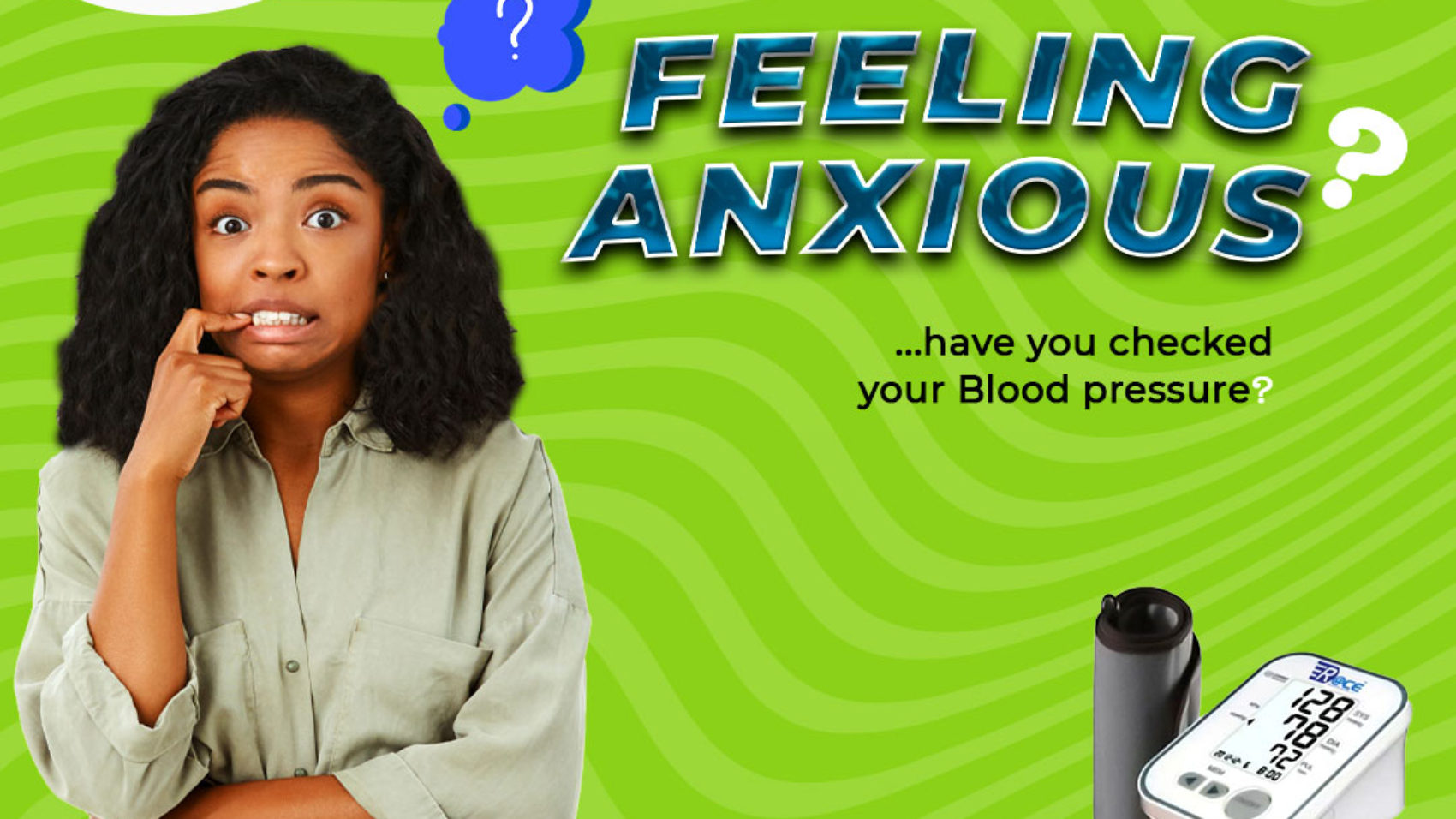Introduction
In today’s fast-paced world, it’s not uncommon to experience feelings of anxiety from time to time. Anxiety is a natural response to stress and can even be a helpful survival mechanism. However, when anxiety becomes chronic or overwhelming, it can significantly impact our daily lives. In this blog post, we’ll explore anxiety, its causes, symptoms, and strategies to manage it effectively.
What Is Anxiety?
Anxiety is a complex and multifaceted emotion characterized by feelings of worry, fear, and unease. It can manifest physically, emotionally, and cognitively. While some level of anxiety is normal, chronic or excessive anxiety can lead to a range of mental and physical health issues.
Common Causes of Anxiety
- Stress: Everyday stressors like work pressures, financial concerns, or relationship difficulties can trigger anxiety. Prolonged exposure to stress without effective coping mechanisms can lead to chronic anxiety.
- Trauma: Past traumatic experiences, such as accidents, abuse, or loss, can contribute to the development of anxiety disorders, including post-traumatic stress disorder (PTSD).
- Genetics: Family history plays a role in anxiety disorders. If you have close relatives with anxiety disorders, you may be at a higher risk.
- Brain Chemistry: Imbalances in neurotransmitters, the brain’s chemical messengers, can affect mood regulation and contribute to anxiety.
- Personality Traits: Certain personality traits, such as perfectionism or a tendency to overthink, can make individuals more susceptible to anxiety.
- Medical Conditions: Certain medical conditions, such as thyroid disorders or heart problems, can mimic anxiety symptoms or exacerbate existing anxiety.
Common Symptoms of Anxiety
Anxiety can manifest in various ways, including:
- Physical Symptoms: These may include a rapid heartbeat, muscle tension, sweating, trembling, and gastrointestinal discomfort.
- Emotional Symptoms: Feelings of apprehension, restlessness, irritability, and a sense of impending doom are common emotional signs of anxiety.
- Cognitive Symptoms: Anxiety can lead to racing thoughts, difficulty concentrating, and excessive worry about future events.
- Behavioral Symptoms: Avoidance behaviors, such as avoiding social situations or responsibilities, can be a sign of anxiety.
Strategies for Managing Anxiety
- Mindfulness and Relaxation Techniques: Practices like meditation, deep breathing, and progressive muscle relaxation can help calm the mind and reduce anxiety.
- Therapy: Cognitive-behavioral therapy (CBT) and other therapeutic approaches can provide tools and strategies to manage anxiety effectively.
- Medication: In some cases, medication prescribed by a healthcare professional can help alleviate symptoms and provide relief from anxiety.
- Lifestyle Changes: Regular exercise, a balanced diet, and adequate sleep can significantly impact anxiety levels.
- Social Support: Talking to friends, family members, or support groups can provide emotional support and coping strategies.
- Professional Help: If anxiety significantly interferes with daily life, seeking help from a mental health professional is crucial. They can provide a diagnosis, develop a treatment plan, and offer ongoing support.
Conclusion
Anxiety is a common human experience, but it doesn’t have to control our lives. By understanding its causes, recognizing its symptoms, and implementing effective strategies for managing it, individuals can regain control and live a fulfilling life. Remember, seeking help is a sign of strength, and there are resources available to support those dealing with anxiety. You’re not alone in your journey to overcome anxiety, and there is hope for a brighter, calmer future.
